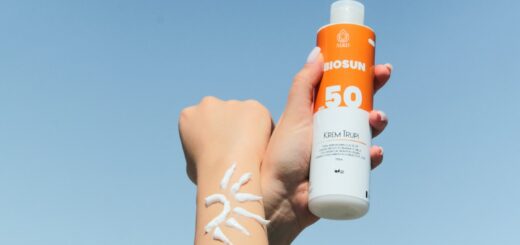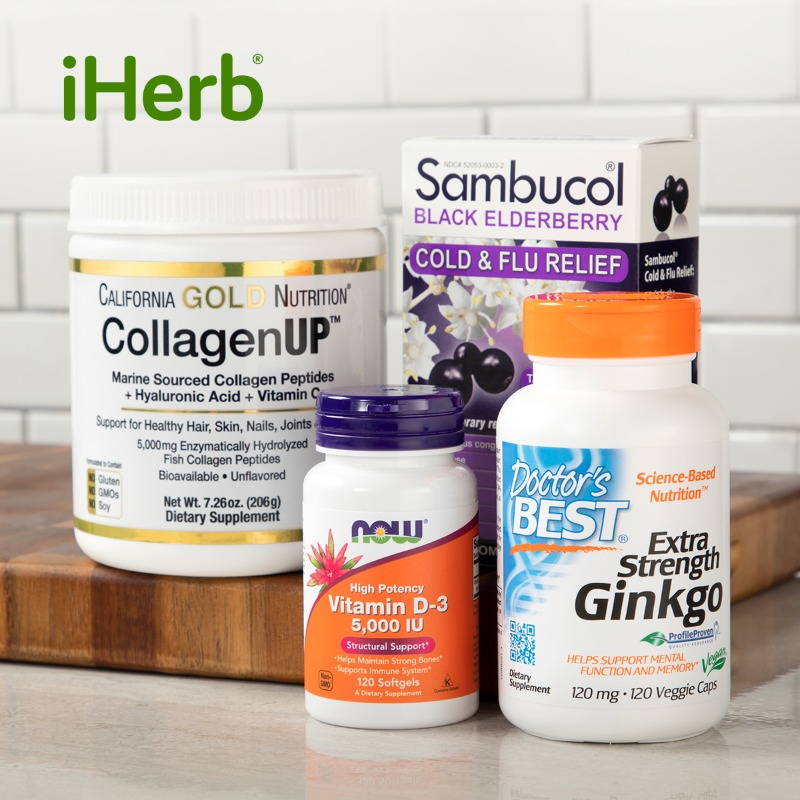How to Select Sunscreen Products: A Comprehensive Guide
With the summer season quickly approaching, it’s essential to protect your skin from the harsh rays of the sun. Sunscreen is a crucial tool in preventing sunburn, premature aging, and skin cancer. However, with so many sunscreen products on the market, choosing the right one can be overwhelming. In this article, we will provide a comprehensive guide on how to select sunscreen products that are best suited for your skin type, lifestyle, and needs.
Understanding SPF and UVA/UVB Protection
The first step in selecting the right sunscreen is understanding SPF and UVA/UVB protection. SPF stands for Sun Protection Factor, and it indicates the level of protection the sunscreen provides against UVB rays. The higher the SPF, the more protection it offers. For instance, SPF 30 provides 97% protection against UVB rays, while SPF 50 offers 98% protection.
UVA rays, on the other hand, can penetrate the skin more deeply and cause long-term damage, such as premature aging and skin cancer. Therefore, it’s crucial to select a sunscreen that offers both UVA and UVB protection. Look for sunscreens labeled “broad-spectrum,” which indicates that it provides protection against both UVA and UVB rays.
Determining Your Skin Type
The next step in selecting sunscreen products is determining your skin type. The different skin types are sensitive, oily, dry, and combination. Sensitive skin is prone to irritation, while oily skin is prone to breakouts. Dry skin needs hydration, and combination skin has both dry and oily areas.
Once you determine your skin type, select a sunscreen that is specifically formulated for your skin type. For instance, if you have sensitive skin, look for sunscreens that are fragrance-free, hypoallergenic, and formulated with gentle ingredients.
Choosing the Right Texture
Sunscreens come in different textures, such as lotions, sprays, gels, and creams. The texture you choose depends on your personal preference and your skin type. If you have oily skin, look for lightweight and oil-free formulas that won’t clog your pores. If you have dry skin, opt for a rich and creamy formula that provides hydration.
Spray sunscreens are convenient and easy to apply, but they may not provide even coverage. Gels are lightweight and absorb quickly, but they may not be suitable for people with dry skin. Lotions and creams are the most common sunscreen formulas, and they provide excellent coverage and hydration.
Eucerin, Oil Control, Lightweight Sunscreen Lotion for Face, SPF 50, 2.5 fl oz (75 ml)
Water Resistance
If you’re planning to swim or sweat, it’s crucial to choose a water-resistant sunscreen. Water-resistant sunscreens can withstand up to 80 minutes of water exposure before reapplication. However, it’s still important to reapply sunscreen every two hours, even if you’re using a water-resistant formula.
Eucerin, Daily Protection Face Lotion & Sunscreen, SPF 30, Fragrance Free, 4 fl oz (118 ml)
Consider Additional Features
Some sunscreen products offer additional features, such as tinted formulas, moisturizing properties, and anti-aging benefits. Tinted sunscreens can provide coverage and even out skin tone, while moisturizing sunscreens can provide hydration and prevent dryness. Anti-aging sunscreens contain ingredients such as antioxidants and retinol, which can help reduce the signs of aging.
Reapplication and Expiration
Lastly, it’s essential to follow proper sunscreen application and reapplication techniques. Apply sunscreen at least 15 minutes before sun exposure, and reapply every two hours, or immediately after swimming or sweating. Additionally, check the expiration date on your sunscreen products and discard them if they have expired.
In conclusion, selecting the right sunscreen products requires understanding SPF and UVA/UVB protection, determining your skin type, choosing the right texture, considering water resistance and additional features, and following proper application and reapplication techniques. By following these guidelines, you can ensure that you are adequately protected from the harmful effects of the sun.
When selecting sunscreen products, it’s important to keep in mind that not all sunscreens are created equal. Some products may not offer sufficient protection or may not be suitable for your skin type. By taking the time to understand SPF, UVA/UVB protection, your skin type, and other factors, you can select a sunscreen that will provide the best protection for your skin.
Remember that sunscreen is just one aspect of sun protection. It’s also important to seek shade during peak sun hours, wear protective clothing, and avoid tanning beds. By taking a comprehensive approach to sun protection, you can reduce your risk of sunburn, premature aging, and skin cancer.
Eucerin, Daily Hydration Cream, SPF 30, Fragrance Free, 8 oz (226 g)










